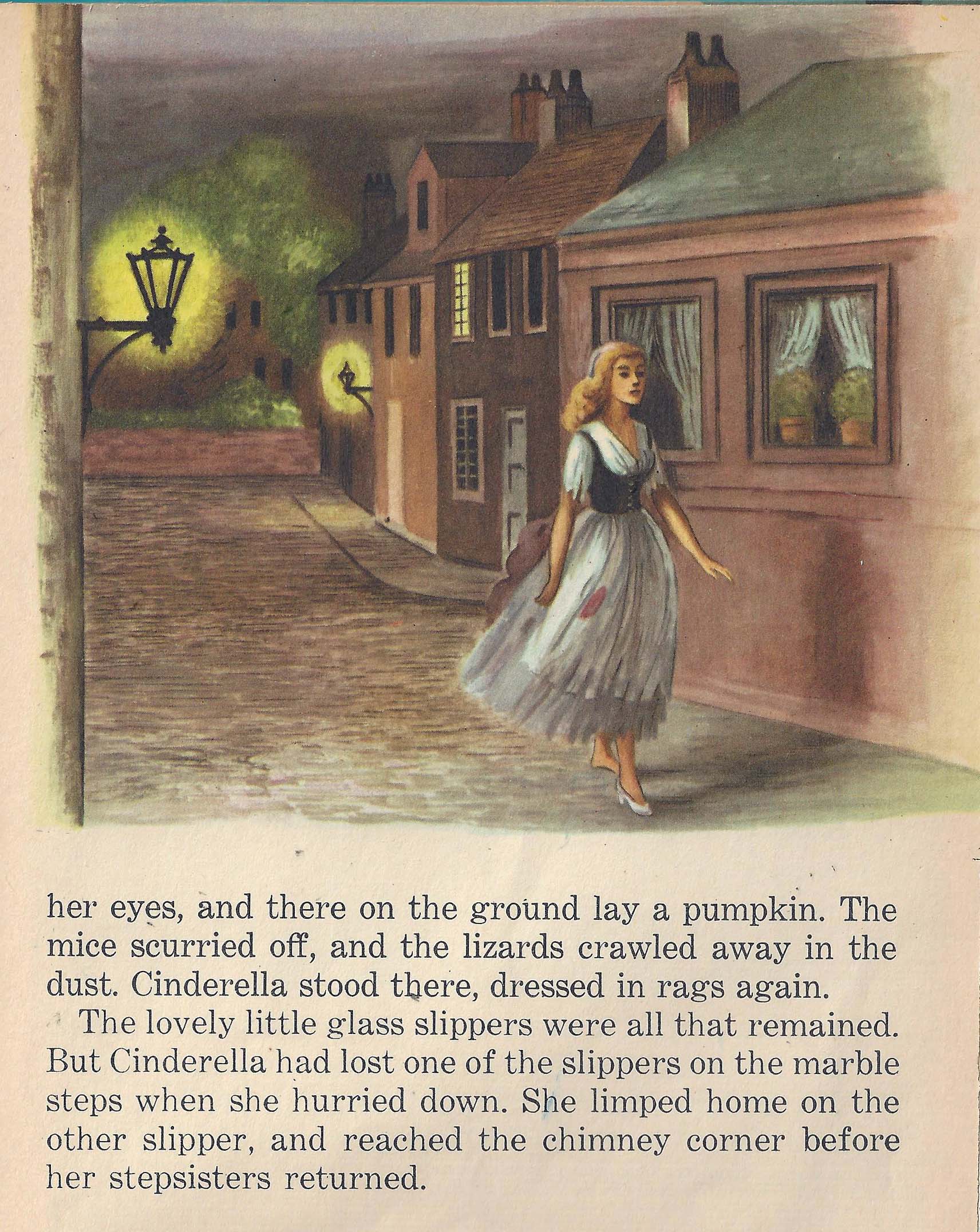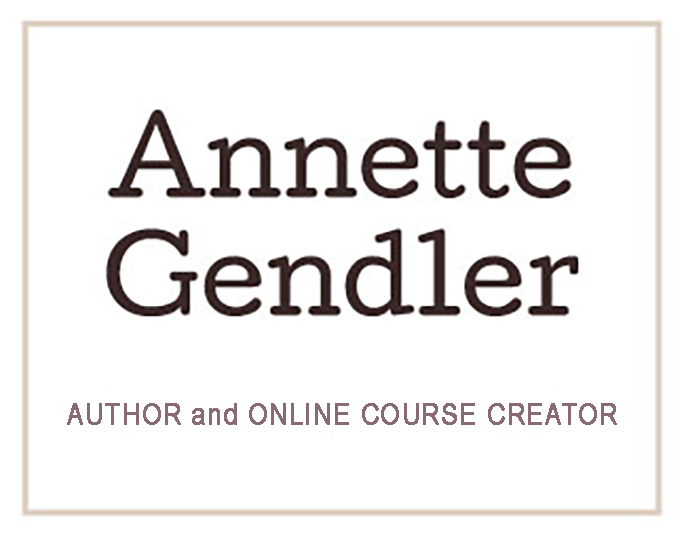
Cover image of my favorite children’s book, given to me by my American grandparents in 1968
I feel like Cinderella these days as I am recovering from hip surgery: When the timer chimes, I need stop what I’m doing and lie down again. I can’t be up, doing anything, be it sitting, walking or standing, for more than 30 minutes, or there’s hell to pay in hip pain. And not only that, overtaxing my hip most likely means prolonging my recovery, which already looks like it’ll take months.

On July 10 I had hip arthroscopy to repair a labral tear. We’re not sure what caused the torn labrum but it wasn’t an injury. More likely it happened due to the way my hips are built and wear and tear over time. After battling hip pain for two years, and physical therapy and injections not helping, surgery was the only way to hopefully get some relief. So, while before the surgery I only had pain sitting (a person does need to be able to sit, though, right? – especially when you have a sedentary occupation as I do as a writer), I knew that surgery would make the situation worse, hopefully in the short term only. The surgery means doing stuff to an already inflamed and upset joint. So, of course, after being fiddled with, that joint is going to be even more upset. Now I can’t do anything except lie down for any length of time, and even that hurts after a while because the human being is not made for lying down. My butt hurts, my neck hurts, the back of my head hurts.
Thankfully, my friend Nancy, who’s undergone many surgeries, most recently hip replacement (and who also runs a nice writer’s blog), advised me to evaluate my recovery in terms of weeks. Taking that view, I am definitely doing better than I was last week or the week before. Currently, I have managed two days without the painkiller, which is great as the painkiller gave me a headache and made me befuddled. I could literally tell my synapses were firing at a lower speed!

Anyway, such is my situation right now. It’s proving to be a test, a lesson in so many ways, some of which are:
- Endurance – I have to be in a body brace for the six weeks after the surgery (if you landed here looking up hip arthroscopy, please note that surgeons have different ways of handling the recovery; this is mine. Check out this blog for another recovery story.). The brace can only come off when I take a shower. It keeps me from sitting at a 45 degree angle or less, because that’s the very impingement that over time caused the labrum to tear. While the brace is cumbersome, I am amazed that I have no trouble sleeping in it (thank God!). I am also amazed how quickly I got used to living in it.
- Acceptance – I tried to learn from Charles Krauthammer, who said that the key to making something of his life after becoming paralyzed was acceptance. I do get frustrated at life in the brace sometimes, especially when my husband or my daughter strap me back in, or help me get dressed, but I push that down as much as I can because frustration isn’t going to help me. I try to accept that this is simply what I have to do for this time in my life to achieve the best possible outcome. I also have to accept that I can only do things in 30-minute intervals, and if my hip is acting up, I have to accept that I can’t do anything except rest in bed, hooked up to the ice machine (that thing is a blessing!). Frustration wouldn’t pass this time any faster; in fact, being frustrated would make it worse.
- Doing things piecemeal – This is so totally not the way I operate! I like to plow through until I get a project done, but these days, I just can’t. Last week I managed to put together my monthly newsletter but alas, it took several sessions, over several days. That also made me realize how much time that newsletter actually takes!
- Prioritizing – Because I am limited in the time I can do something, I have to prioritize. That means giving preference to things that bring me joy (such as creating something like this blog post, writing my newsletter, both of which keep me connected to my life as a writer), as joy hopefully helps with my recovery and helps keep up my mood (not so easy these days), or things that have to get done and that only I can do. Turns out lots of things can wait or can actually be done by someone else.
- Letting go – I have been realizing how much of a housekeeper I am! I would never describe myself as a homemaker but it turns out that, aside from cooking, my main homemaking job, I usually do a lot of little things around the house: picking up, tidying, sorting mail, watering plants, snipping off dead leaves, wiping the counter, taking out the garbage–all little things I usually do without thinking. Now I have to seriously consider whether I am going to spend some of my precious 30 minutes of activity on putting the newspapers in the recycling bin (apparently only I do that!) or whether my time would be better spent writing this blog post.
- Clearing the calendar, saying no – You can, in fact, live quite well without any social engagements or obligations whatsoever. Since this was a planned surgery, I cleared my calendar until the end of August, which sadly also meant not being able to attend a writers’ conference in Austin where I was scheduled to teach a workshop. I am fortunate that I work for a school and so it’s relatively easy for me to be off work for the summer. I also wanted to do the surgery over the summer when I knew two of my kids would be home and could help relieve my husband now and then, which brings me to my next point:
- Depending on others, asking for help – Recovering from surgery means I need help. There are simply many things I can’t do for myself, such as putting on pants, socks, or panties. I also can’t drive, especially because the operation was on my right hip, i.e. my driving leg. Running errands, refilling my ice machine, buying ice, fixing meals, doing laundry–the list is long if I think about all the things my family is now doing for me.
- Passing on knowledge and skills – This is also, however, an opportunity: I’m teaching my daughter how to cook some of the meals I usually make (she turned out a fabulous spinach lasagna this week!). This is a good skill for her to have anyway, but it contributes to our family legacy. I am laying the groundwork to passing on the baton. How often do people try to recreate a beloved family dish for which they don’t have the recipe nor were they ever taught how to fix it? My recovery has also been a lesson in caregiving for my sons, for whom, apparently, empathy isn’t a natural thing. Initially this upset me, but now that I’m a bit more clear-headed, I am realizing this is a chance for me to teach them how to care for their mother; after all, how should they know if they’ve never been in that situation?
- Slowness and patience – My recovery is slow, and everything I do is slow. Again, not my usual way of operating. Most things, it turns out, can be done slowly, and also not immediately. That’s where patience comes in, not only in healing, but also in stuff actually getting done when you have to rely on others to do them. I have to accept that they’ll get done on their time, not mine. Which, it turns out, is just fine.
Circling back to Cinderella: She also had to bide her time, didn’t she, but she did come out a winner in the end…


love your wit and acceptance.
newsletter? please update my email address!
Thanks and will do.
Patience must be the key to everything right now. For an entirely different reason, that’s what I’m saying to myself.
Wishing you lots of patience then!
Oh Annette! Thinking of you through this recovery! I love how you’ve woven your story into the Cinderella book – I have a similar one with scrumptious illustrations. We are all learning to be patient with our bodies as we get older, aren’t we? Wishing you the best, and I may need that spinach lasagna recipe, because even able bodies I’ve lost patience with cooking. 😉
Thanks and I’m happy to share the recipe!
Dear Annette,
Considering that you are housebound and relying on others, I’m amazed that you took the time to answer my email about Josef ROESSLER. In genealogy we always write the surname in capital letters.
I will post a brief review online.
I don’t remember how I came across your book. Probably in a recent list I came across.
Susan Viuker Lieberman
Thanks so much for getting in touch!
My daughter had a double hip replacement about a year and a half ago. The first was in December 2016 and the 2nd was 6 weeks later. The first was much harder than the second. All in all, she is doing great now. She, too, felt as if she never would be ready to run or even walk without pain again. Finally, now she is able to do those things. She even went back to skiing.
Wow, that’s a lot of surgery to go through! I can only imagine how hard her recovery much have been. I’m glad to hear she recovered fully!